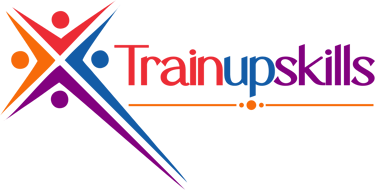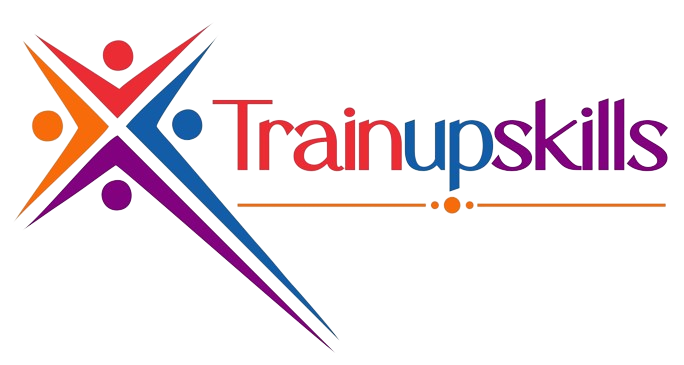
Soft Skills: The Foundation of Personal Growth
Soft skills, also known as people skills or interpersonal skills, are the intangible attributes that influence our behaviour, interactions, and general effectiveness in both personal and professional contexts. Hard or technical skills (such accounting, engineering, or coding) are specialised to a certain career or field; in contrast, soft skills are universal and essential to one's personal growth.
Soft skills are character traits that affect an individual's ability to work or collaborate with others. It is simpler to build relationships with others, establish reliability and trust, and manage teams when one has these abilities. To put it simply, they are critical to your success at work, the success of your business, and your personal life. For an organisation, soft skills are crucial for the following reasons:
Longevity: Employees demonstrating strong soft skills indicate commitment and potential for longevity.
Teamwork: Soft skills contribute to effective collaboration within teams, leading to better outcomes and productivity.
Relationship Maintenance: Building and maintaining positive relationships with colleagues, clients, and customers is crucial for success.
Growth: Developing soft skills allows an individual to adapt, learn, and grow.
Organization: Soft skills like time management, problem-solving, adapting change, etc., helps enhance efficiency and effectiveness.
Initiative: Soft skills helps demonstrating initiative and proactivity among team member.
Leadership Development: Soft skills lay the foundation for leadership abilities and influence.
Teamwork: Cooperating with colleagues to achieve shared objectives.
Conflict Resolution: Addressing disagreements constructively and finding win-win solutions.
Networking: Building professional relationships both within and outside the organization.
Topics
Training Modules
Outline
Collaboration
Adaptability
Flexibility: Adjusting to changing circumstances and embracing new approaches.
Resilience: Bouncing back from setbacks and maintaining a positive attitude.
Continuous Learning: Staying updated and acquiring new skills as needed.
Problem-Solving
Analytical Thinking: Breaking down complex issues into manageable components.
Creativity: Generating innovative solutions and thinking outside the box.
Decision-Making: Evaluating options and choosing the best course of action.
Emotional Intelligence
Communication
Verbal Communication: Expressing ideas clearly and confidently through spoken words.
Written Communication: Crafting effective emails, reports, and other written materials.
Active Listening: Paying attention to others, understanding their perspectives, and responding appropriately.
Time Management
Prioritization: Identifying important tasks and allocating time wisely.
Organization: Keeping schedules, deadlines, and responsibilities in order.
Productivity: Maximizing output while maintaining work-life balance.
Creativity
Originality: Coming up with fresh ideas and novel approaches.
Problem-Solving: Applying creative thinking to find unique solutions.
Artistic Expression: Using creativity in design, writing, or other forms of expression.
Negotiation
Persuasion: Convincing others and reaching mutually beneficial agreements.
Conflict Resolution: Resolving disputes through dialogue and compromise.
Assertiveness: Advocating for one’s interests without being aggressive.
Critical Thinking
Logic and Reasoning: Evaluating information objectively and drawing valid conclusions.
Problem Analysis: Identifying root causes and assessing potential solutions.
Curiosity: Seeking deeper understanding and questioning assumptions.
Conflict Resolution
Active Listening: Understanding the perspectives of conflicting parties.
Mediation: Facilitating discussions to find common ground.
Win-Win Solutions: Striving for outcomes that benefit everyone involved.
Interpersonal Skills
Empathy: Putting yourself in others’ shoes and understanding their feelings.
Verbal and Nonverbal Communication: Expressing yourself effectively.
Cultural Sensitivity: Respecting diverse backgrounds and perspectives.
Presentation Skills
Content Creation: Developing engaging and informative presentations.
Delivery: Speaking confidently, maintaining eye contact, and managing nerves.
Visual Aids: Using slides, graphics, or props effectively.
Teamwork
Collaboration: Contributing to group efforts and valuing others’ input.
Conflict Management: Addressing disagreements constructively within the team.
Shared Goals: Aligning individual objectives with team objectives.
Stress Management
Self-Care: Prioritizing physical and mental well-being.
Time Management: Balancing workloads and avoiding burnout.
Mindfulness: Staying present and managing stressors effectively.
Decision Making
Data-Driven Decisions: Using evidence and information to choose the best option.
Risk Assessment: Considering potential outcomes and consequences.
Ethical Considerations: Ensuring decisions align with values and principles.
Customer Service
Empathy: Understanding customer needs and concerns.
Problem-Solving: Resolving issues promptly and courteously.
Patience: Remaining calm and helpful even in challenging situations.
Selling Skills
Relationship Building: Establishing trust with clients or customers.
Persuasion: Convincing potential buyers of a product or service.
Negotiation: Finding mutually beneficial terms.
Self-Awareness: Understanding one’s own emotions and reactions.
Empathy: Recognizing and considering others’ feelings and perspectives.
Social Skills: Navigating relationships effectively and managing emotions.


